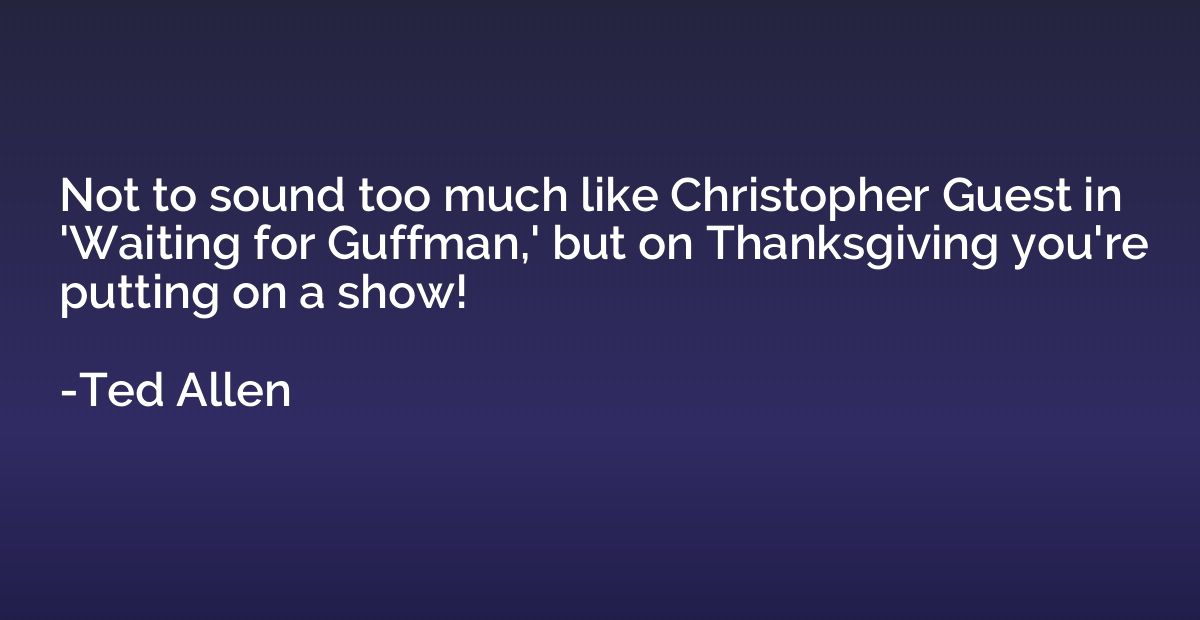Quote by Emily Dickinson
IF I can stop one heart from breaking, I shall not live in vain; If I can ease one life the aching, Or cool one pain, Or help one fainting robin Unto his nest again, I shall not live in vain.
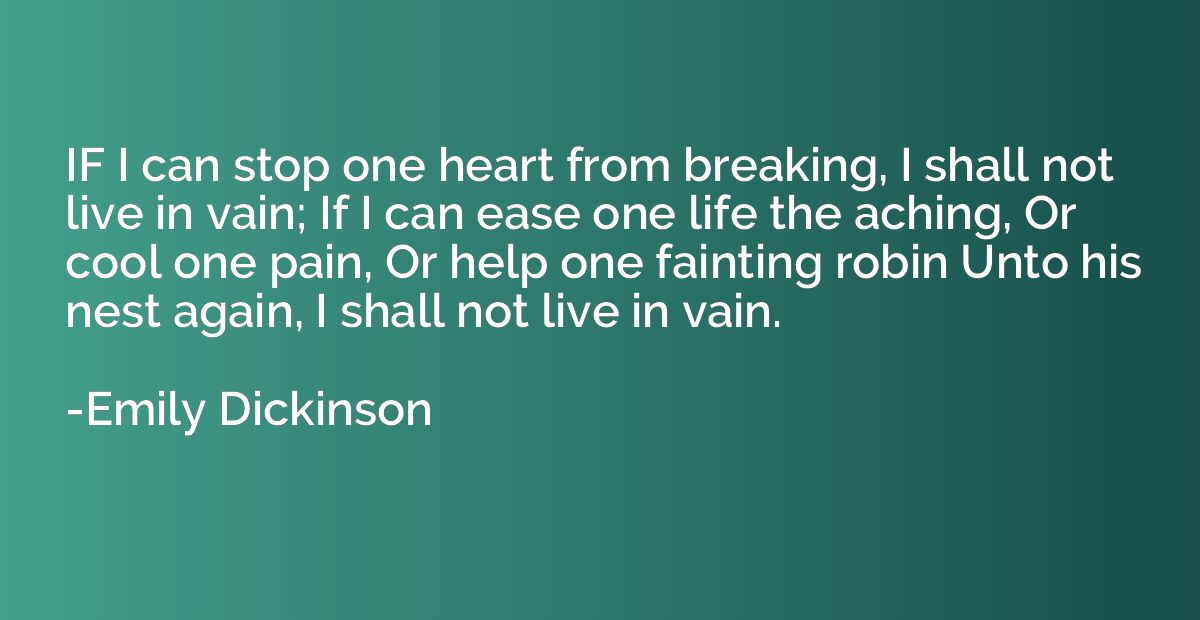
Summary
This quote, attributed to the poet Emily Dickinson, highlights the significance of making a positive impact on others' lives. By preventing heartbreak, alleviating pain, or providing assistance, one can find purpose and fulfillment in their existence. This quote emphasizes the immense value of even the smallest acts of kindness, illustrating that by helping others, we can find meaning and ensure that our lives have not been lived in vain.



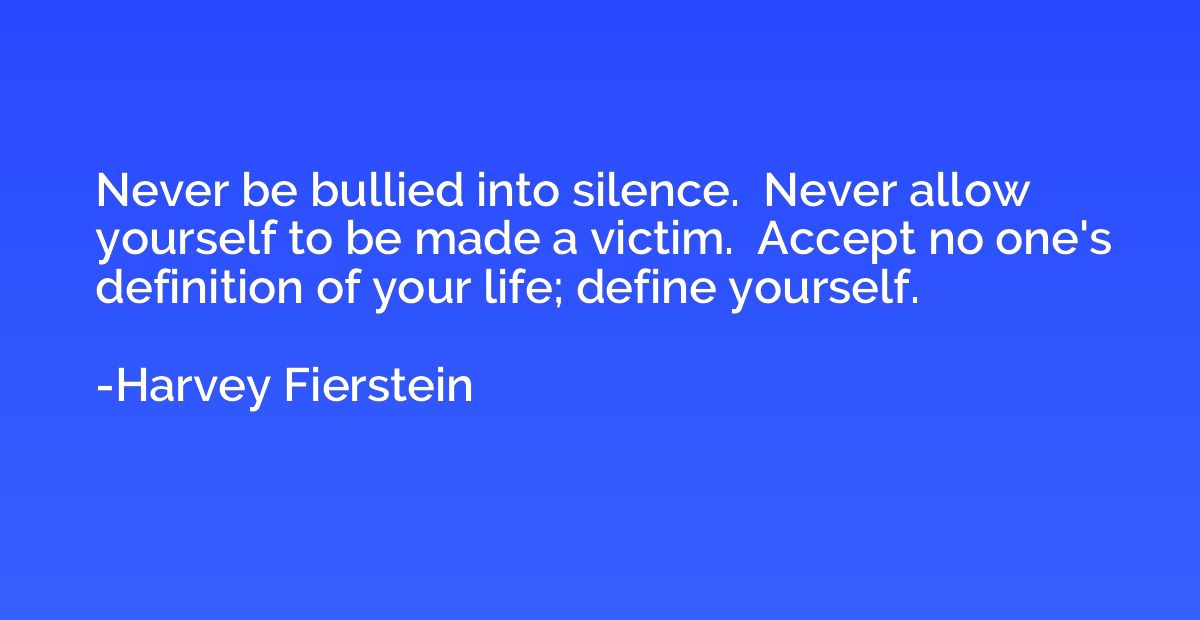
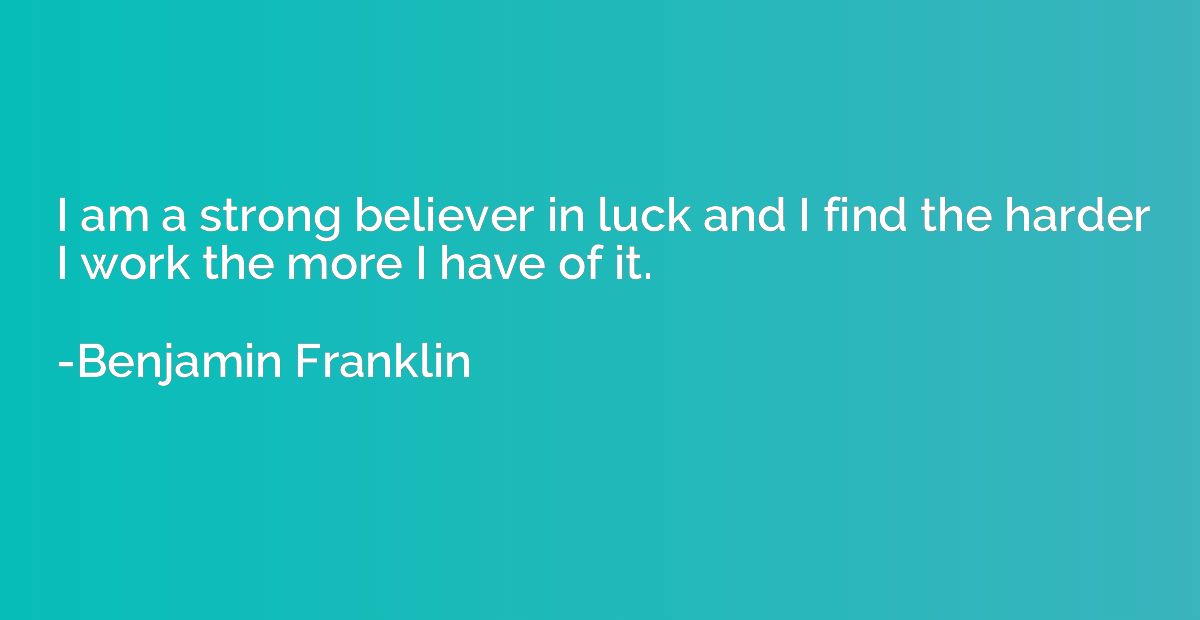
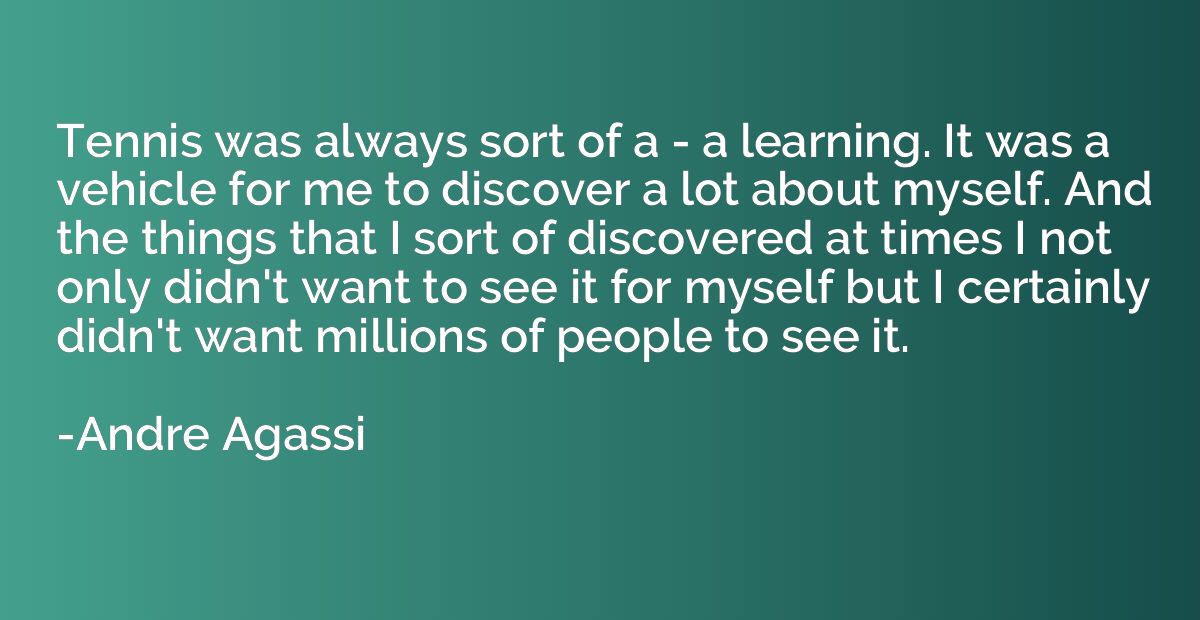

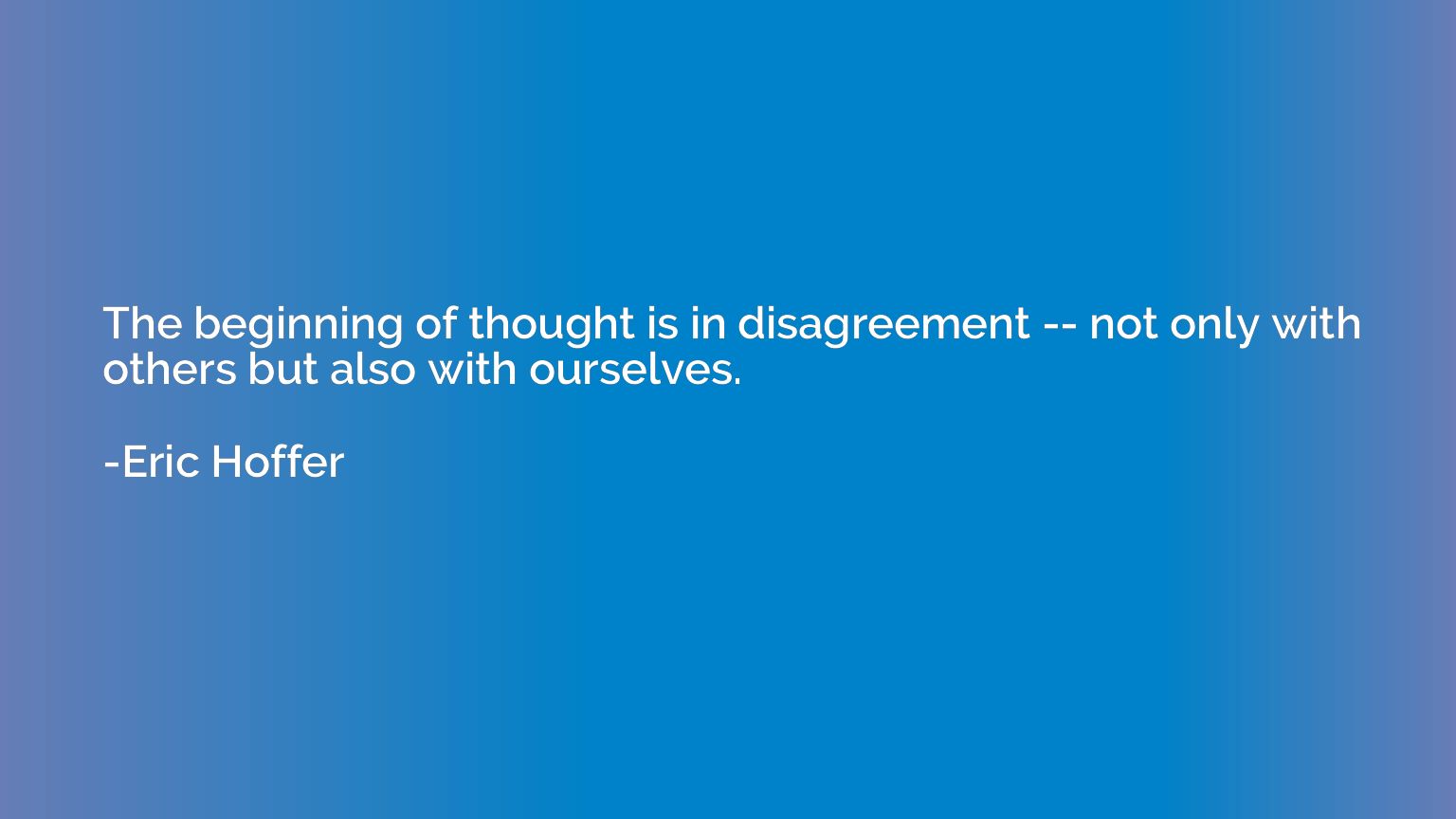
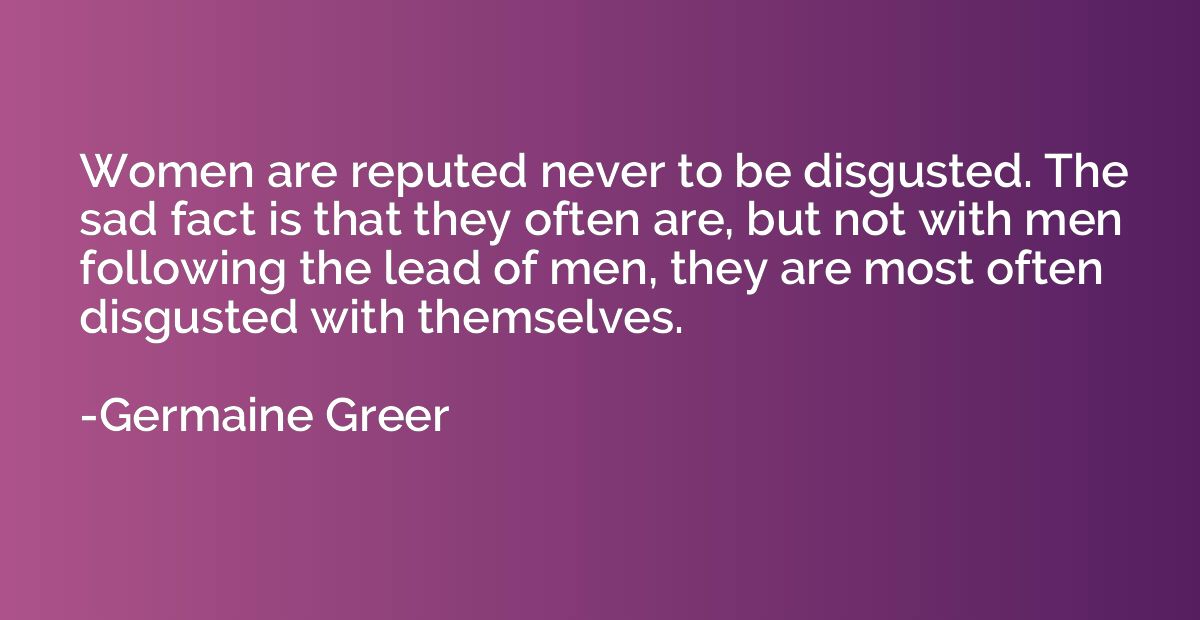
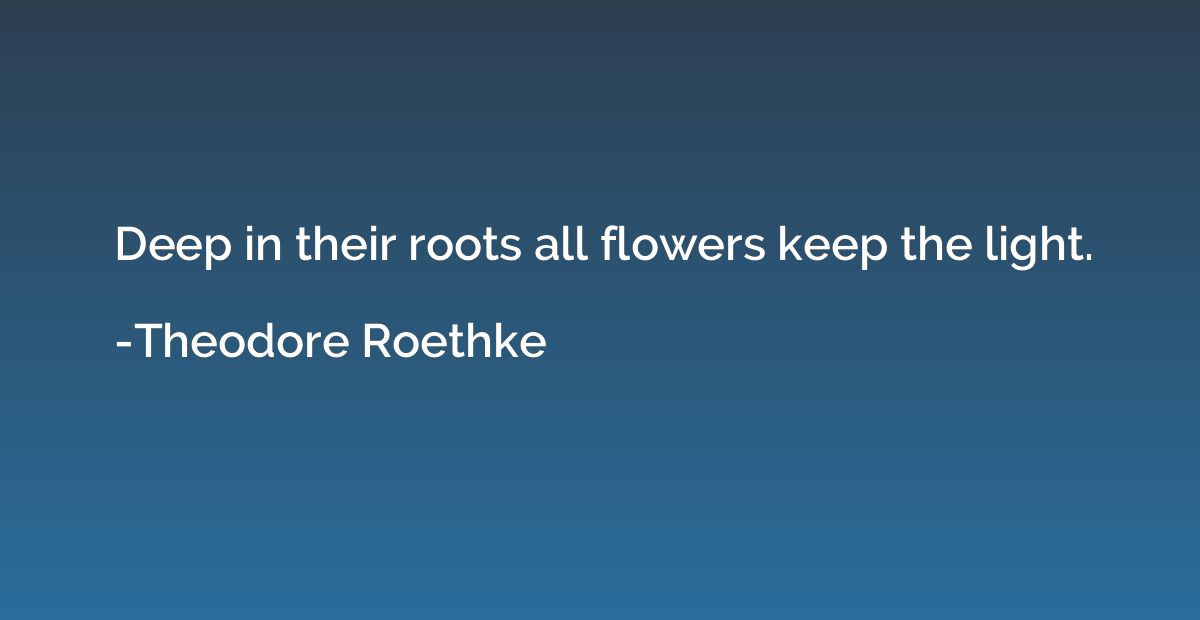
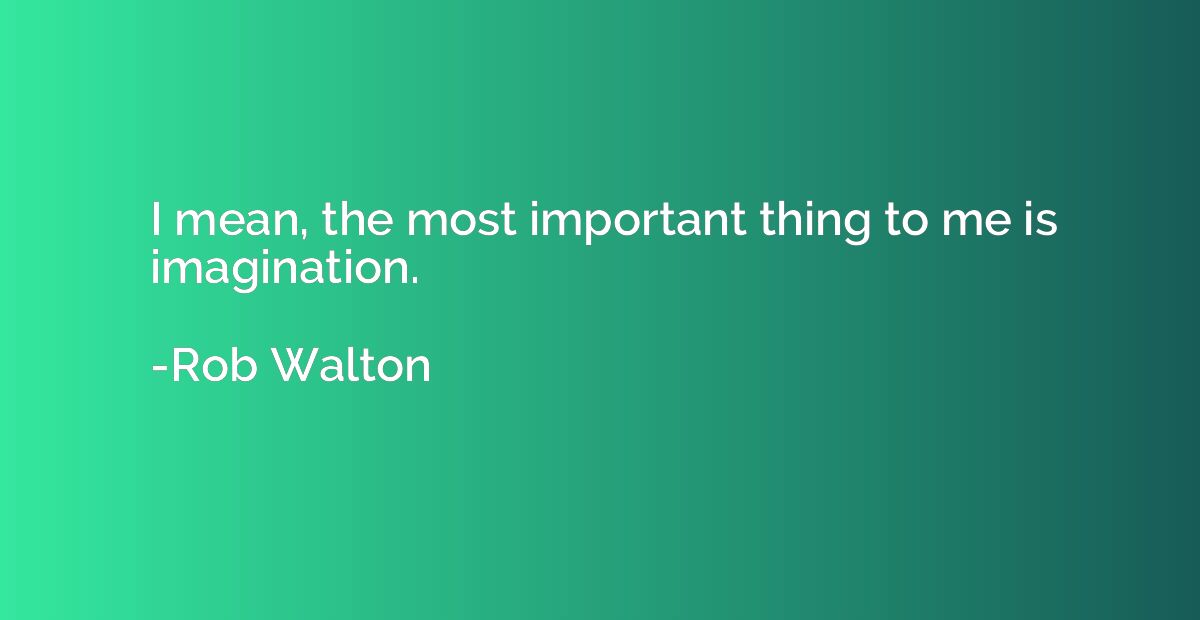
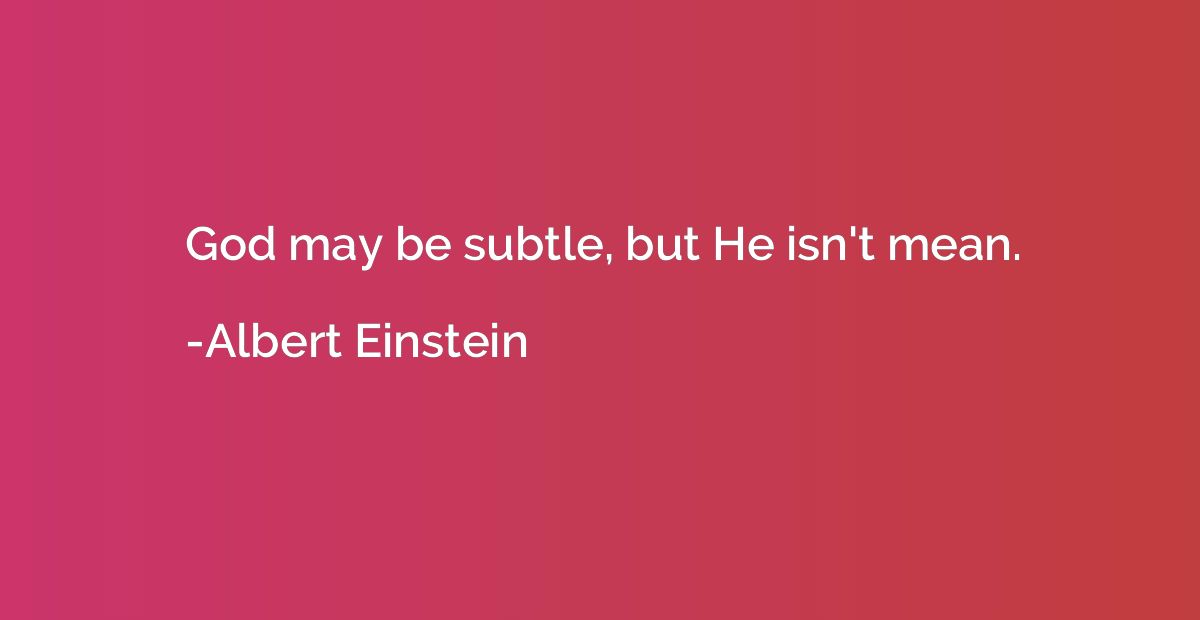
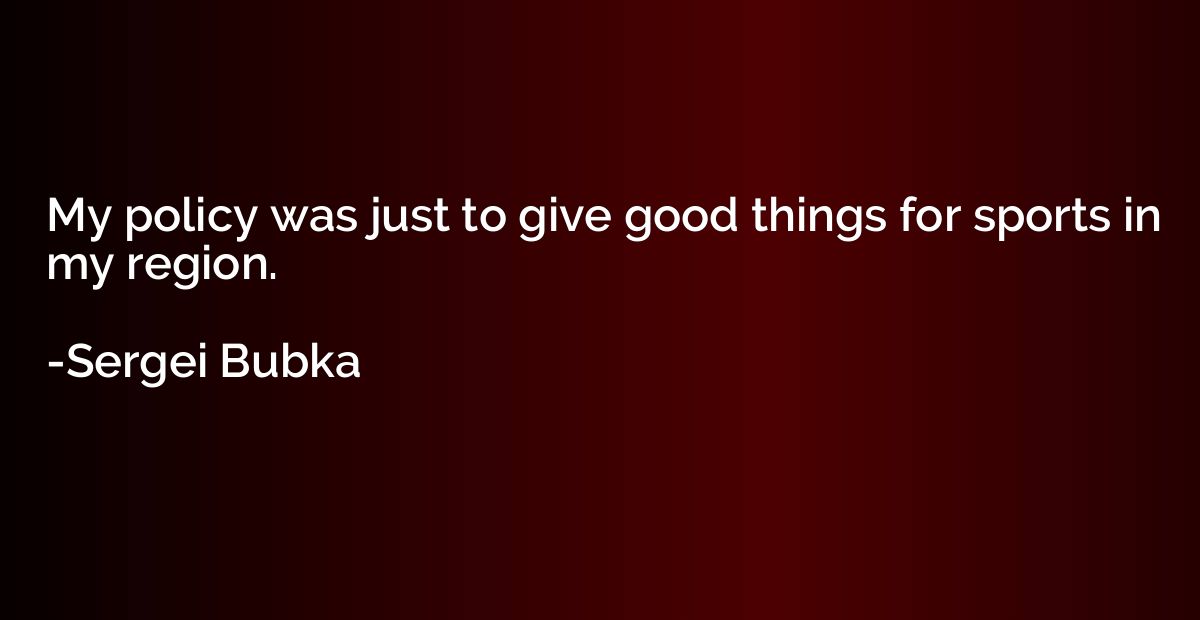
![[...] this particular, as in many others, blustering asserti](https://quotation.io/quotes/particular-many-others-blustering-assertion.jpg)
